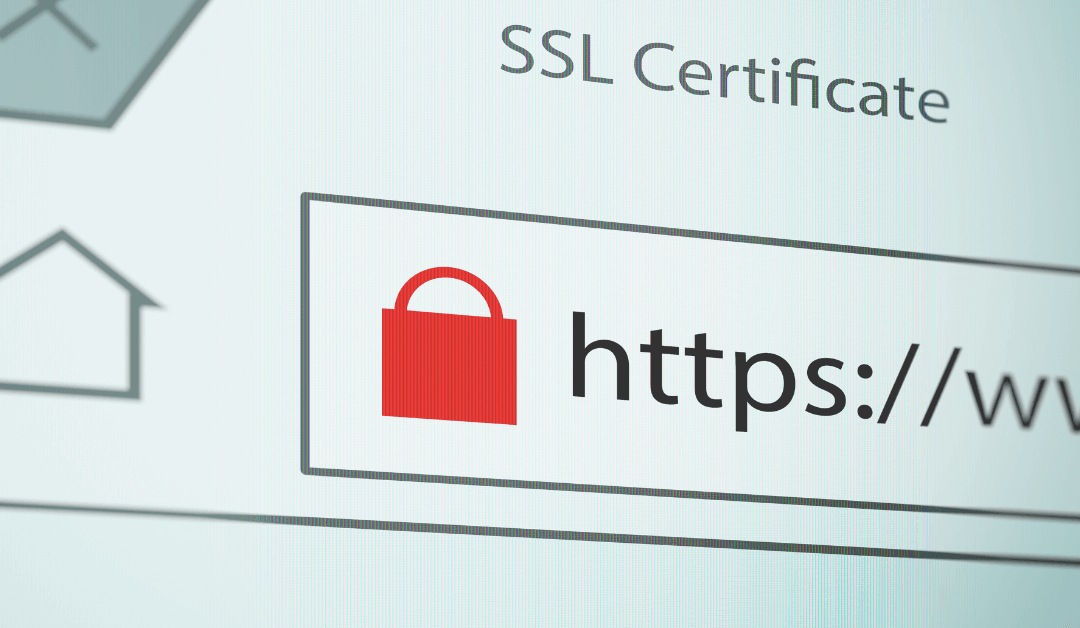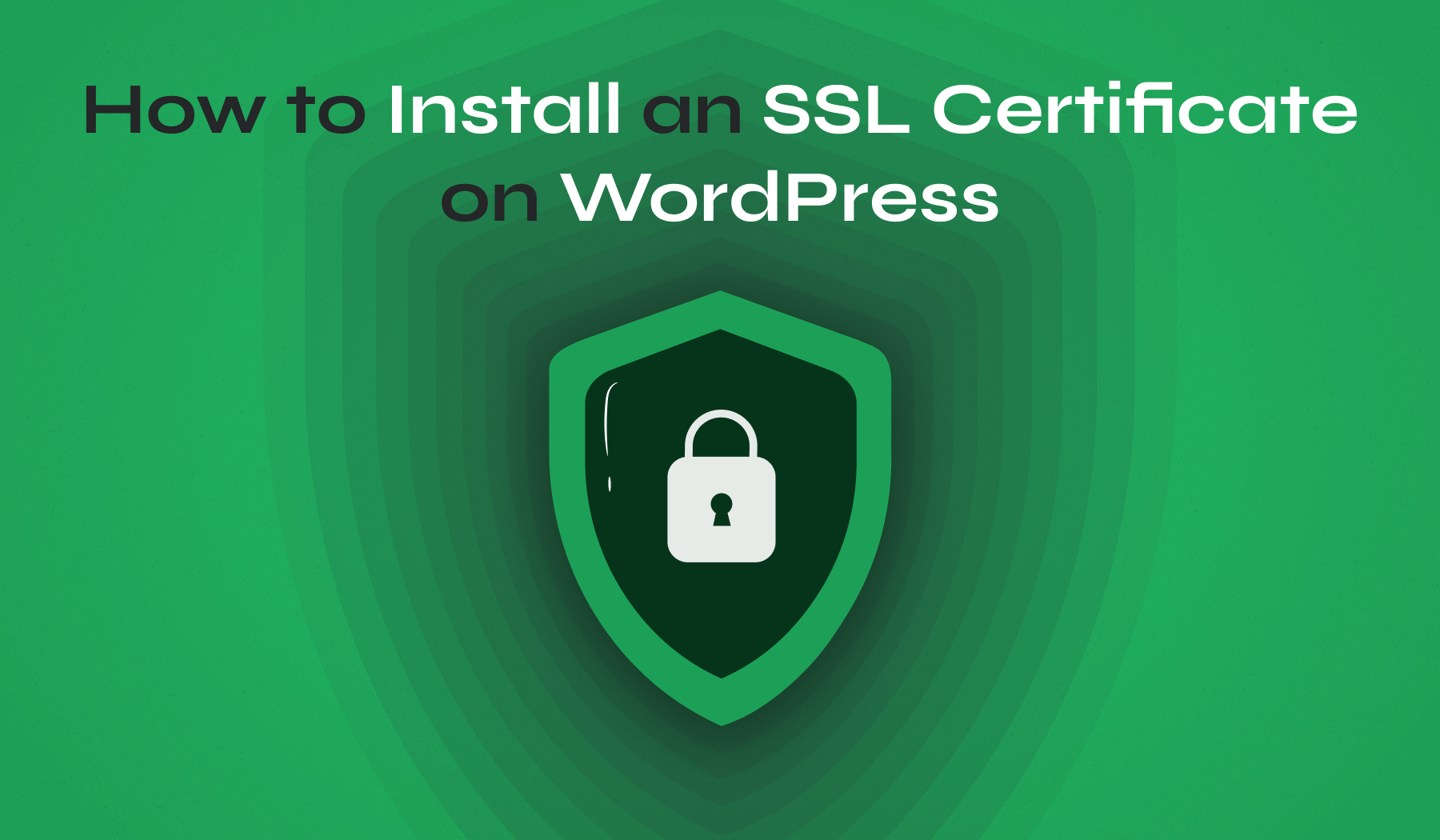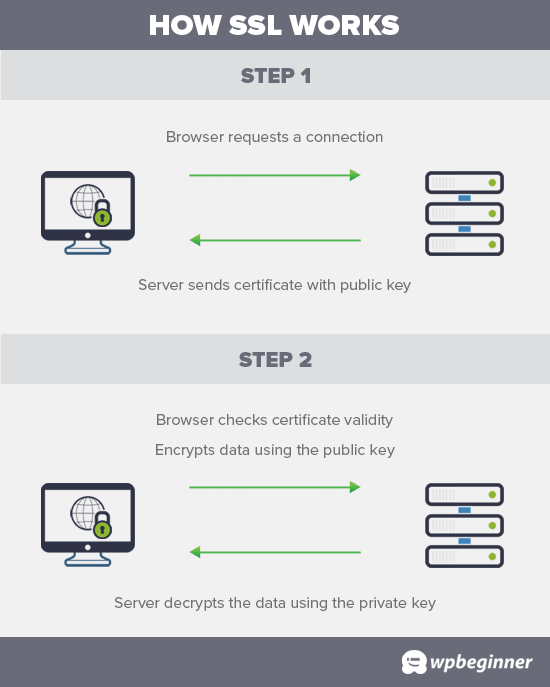SSL certificates play a critical role in WordPress security by encrypting data transmitted between users and the website, protecting sensitive information from interception and theft. They authenticate the website’s identity, building user trust and ensuring visitors that they are interacting with a legitimate site. This security layer is essential for safeguarding contact forms, login credentials, e-commerce transactions, and any personal data submitted on the site.
From an SEO perspective, SSL certificates provide significant benefits by enabling HTTPS, which Google and other search engines consider a ranking factor. Secure sites with SSL tend to rank higher in search results compared to non-secure HTTP sites. This is because search engines prioritize user safety and trustworthiness, rewarding websites that protect user data. Additionally, SSL reduces bounce rates as visitors feel safer browsing secure sites, which positively influences SEO metrics like user engagement and session duration.
Additional SEO advantages include:
-
Enabling HTTP/2 protocol, which requires SSL and improves site loading speed and performance, further enhancing user experience and SEO.
-
Avoiding browser warnings (e.g., "Not Secure" alerts) that deter visitors and harm site credibility.
-
Compliance with regulations such as GDPR and PCI DSS, which often mandate SSL for sites handling personal or payment data, indirectly supporting SEO by maintaining site legitimacy and avoiding penalties.
For WordPress users, plugins like Really Simple SSL simplify the installation and configuration of SSL certificates, automating HTTPS migration and resolving common issues like mixed content errors, making it easier to secure the site and reap SEO benefits.
In summary, SSL certificates are indispensable for WordPress sites to ensure data security, build user trust, comply with regulations, and improve search engine rankings through HTTPS adoption and enhanced user experience.





